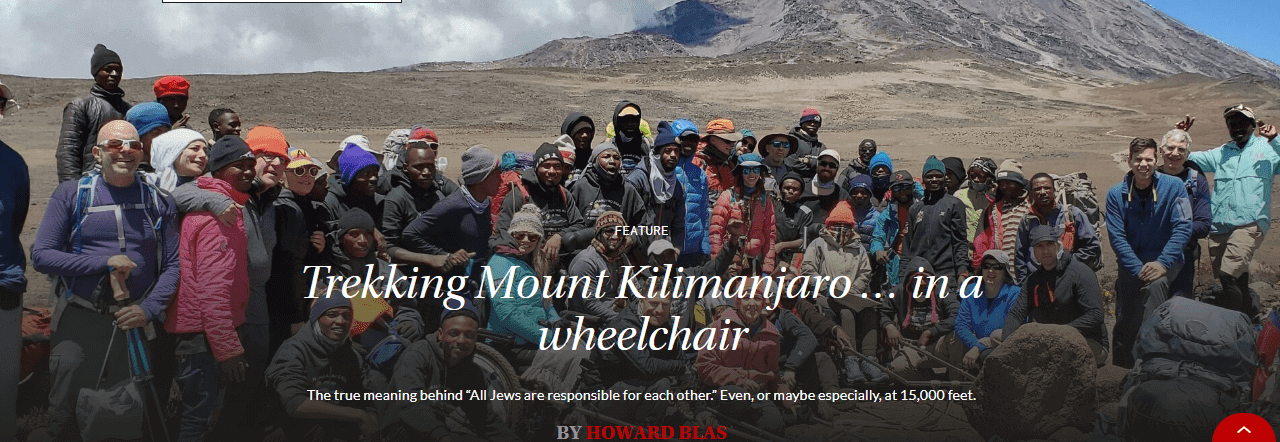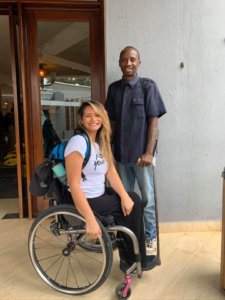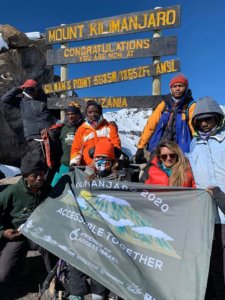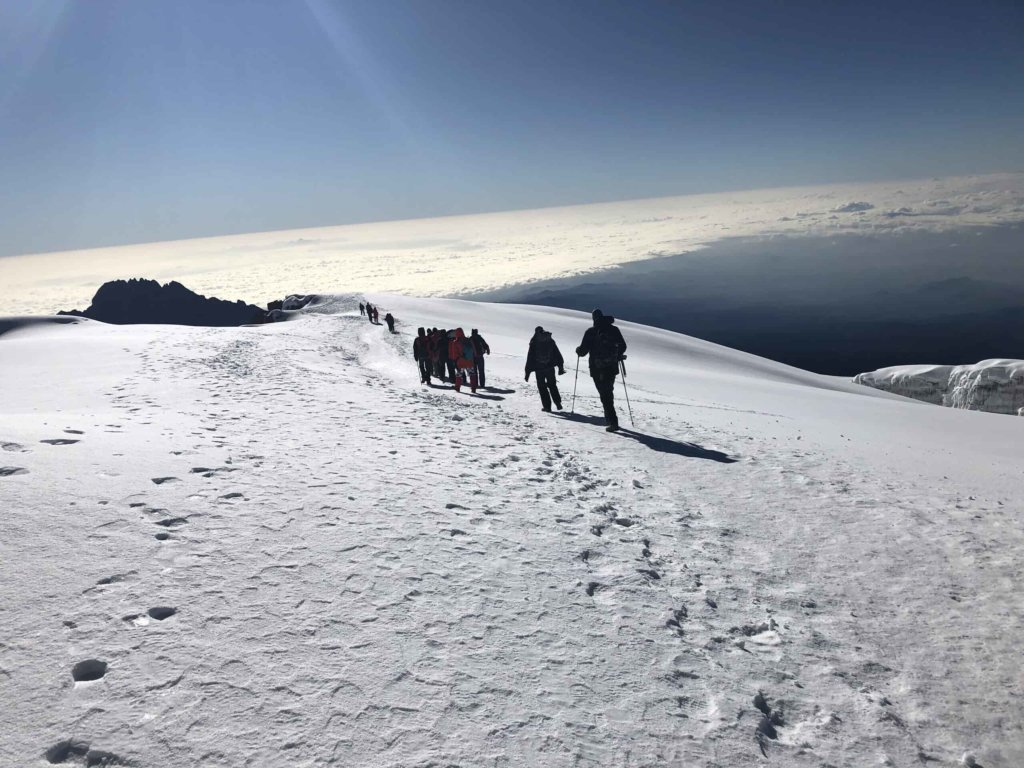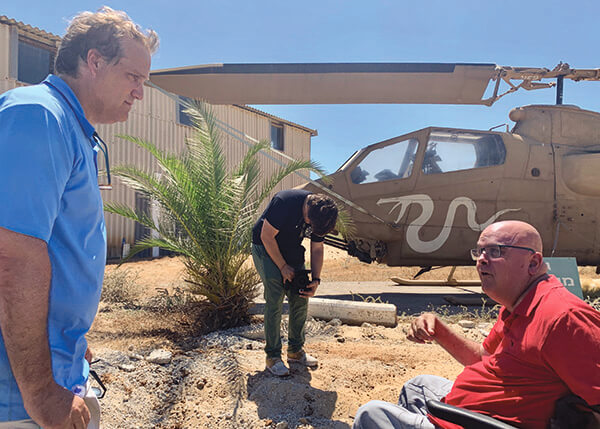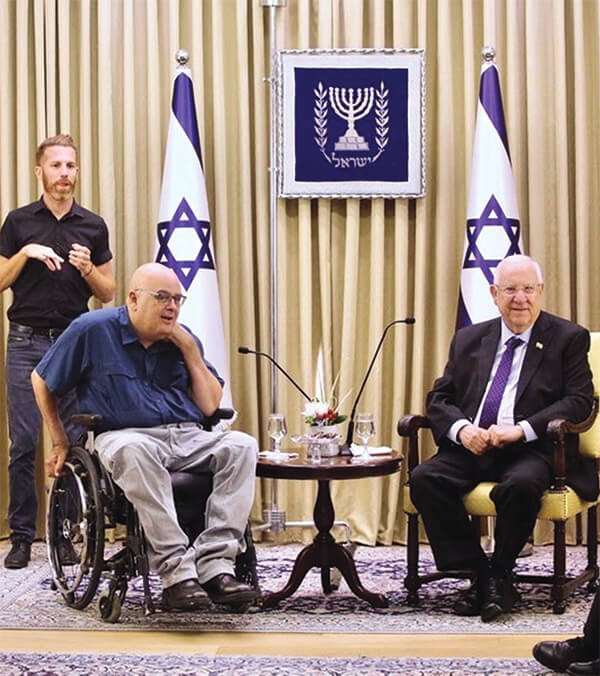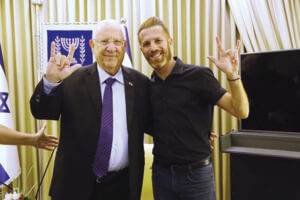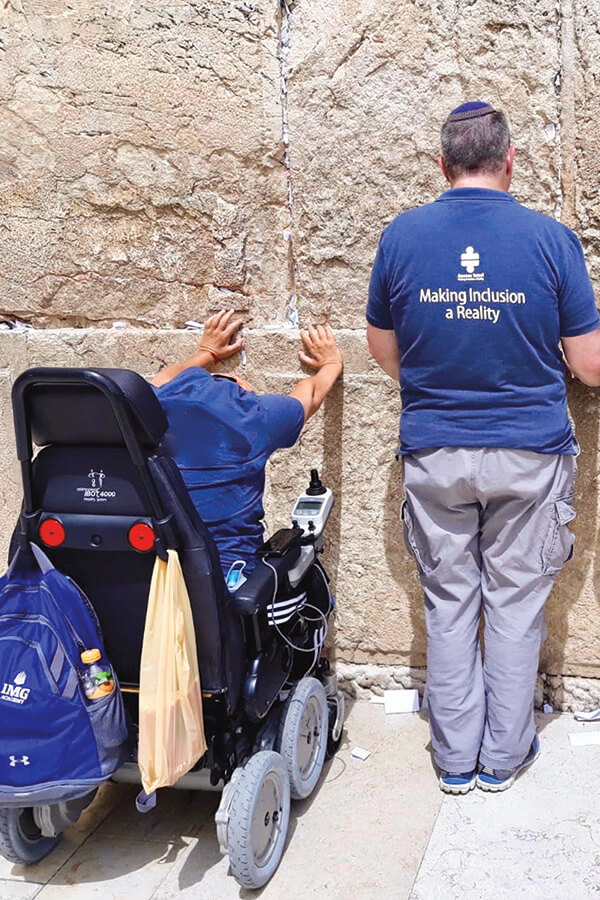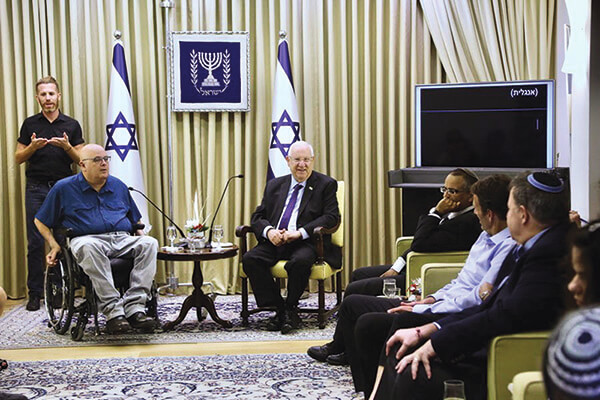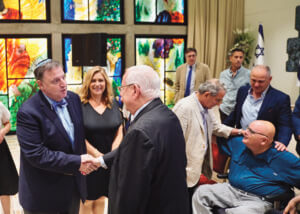Original Article Published in The Paa Tanzania page 30-31
Climbing Mt. Kilimanjaro is a tough task for anyone, but for four
paraplegic climbers it was the ultimate challenge. This year, thanks
to the latest in durable climbing chairs and a team of Tanzanian
and international alpinists, the quartet’s lifelong dreams to reach
the ‘roof of Africa’ were realised. Here writer Howard Blas, who was
part of the expedition, reveals the collective effort involved.
Arnold John always dreamed of climbing Mount Kilimanjaro. The 44-year-old Tanzanian father of three grew up at the base of the dormant volcano and has family members who have worked as porters, yet he never had
the opportunity to attempt the strenuous, multi-day trek to the top. As a teenager, the talented student and soccer player was struck with an acute illness that left him paralysed and dependent on crutches and a wheelchair to get around. Despite his condition, John’s dream of reaching the summit never left him and this February he saw it come true – thanks to the support of Friends of Access Israel (FAISR), an organisation promoting
accessibility and inclusion, and 27 fellow climbers – including three others with paraplegia.
The Kilimanjaro climb was the brainchild of the executive director of FAISR,
James Lassner, and drew the support of the organisation’s collaborative partner, Access Israel.
Lassner was delighted when the climb’s architect and co-ordinator Sabino ‘Sabi’ Kweka – a former porter and guide, who is now owner of the popular Moshi tour operator Popote Africa Adventures – suggested John be included in the expedition. Kweka had drawn up the expedition to follow the Marangu route, also known as the Coca Cola trail, and to involve overnight stays in the Mandara Hut (2,700 metres), Horombo Hut (3,700 metres), and
the Kibo Hut (4,700 metres) on the way up.
The group would then attempt the final all-night ascent to the 5,895-metre Uhuru Peak Lassner said: “Every day people with disabilities face many personal mountains to climb, some visible but most hidden.
They are no different than anyone else as they have the same dreams, desires, hopes, and aspirations including ‘bucket list’ items.”
The FAISR Kilimanjaro 2020 Team included hikers from the Caribbean island of Aruba and Israel as well as Texas, Montana, Pennsylvania, New
York, and New Jersey in the United States.
Other hikers with physical disabilities who participated in the climb included Starla Hilliard-Barnes of Utah, a twice-paralysed participant; Marcela Maranon, an amputee who is also a paraplegic; and Arnon Amit,
paralysed in a car accident during his time in the Israel Defense Forces.
State-of-the-art chair

It was a big operation. Climbers were accompanied by three cooks, 11 guides and 70 porters. The latter carried all participants’ clothing and sleeping bags as well as their food, water and cooking supplies. Cooks provided kosher meals both at the huts and along the route.
Regular food breaks were crucial: daily mileage ranged from 3.1 miles on the acclimation days, to 13.7 miles during the final midnight to sunrise ascent to the summit. The climb was made possible for the participants with paraplegia thanks to the Patatrek Trekker, a durable chair designed by Israeli participant Omer Zur, who is the chief executive of the Israeli Paratrek company. He designed the special chair to enable his paralysed father to enjoy outdoor adventures with friends with and without disabilities.
Each trekker was pulled, pushed and guided by a dedicated team of six porters. Participants without disabilities divided into teams – Team Marcela, Team Starla, Team Arnon and Team Arnold – and hiked together through five climatic zones and often rough terrain.
Triumph of teamwork
Peruvian-born and Dallas, Texas-based Maranon, 38, who has 48,000 Instagram followers keeping up with her solo globetrotting adventures, found the climb a challenging, but ultimately rewarding experience. “For me it was very hard,” she says. “It was so steep. Thirty minutes before we got to the summit, you could just look down and see all the way down.
It was so scary.”
Hilliard-Barnes, who made the trip with her husband, Shannon Barnes, kept a positive attitude throughout the trip, including on the last day when she fell ill.
“The last day I was in pain but just tried to smile” she says. “I just tried to stay positive. That was me, happy and smiling the whole
time.” She offered comfort and encouragement to fellow climbers throughout the trip – even as they experienced difficulties on the climb.
Zur saw the climb as a triumph of teamwork. He says: “Ascending the peak
of Kilimanjaro is a dream come true not because of the mountain. That was never a dream of mine. The dream that we fulfilled is to see this group – people with and without disabilities – climbing together, as a group, as people who see each other as equals. To see that, out there in a super
non-accessible trail, that for me is a reason to continue doing what we do!”
Thankfully, every participant reached one of Mt Kilimanjaro’s three summits— Stella’s Point (5,756 metres), Gilman’s Point (5,685 metres) or Uhuru Peak (5,995 metres).
Lassner is very proud of everyone involved. He says: “Our successful summiting of Mt Kilimanjaro was fueled by the diverse abilities and deep inner strengths of each individual that they contributed to enhance the experience of team.”

